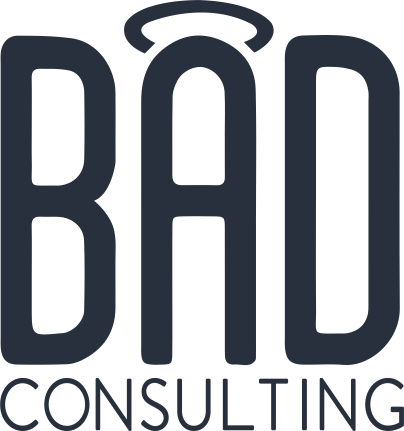The other day, I read a post on LinkedIn saying that finding a writer that can handle feedback on their writing and not take it personally is rare. Not all that surprising. We’re putting our heart out there and hoping someone will love it. It’s disappointing when they seemingly don’t.
But if you can’t handle that feedback and get your head in the game, you won’t get hired again. And obviously, that could be the end of the career.
So if you want to stay in the writing game, let’s talk about handling writing feedback.
Separate yourself from the work
The first thing that I do after I send off work to a client is separating myself from it. It’s not my work anymore. It’s now something for my client to do as they please with it. Once you realize the work is theirs (they paid for it after all), it becomes easier to start accepting feedback.
So how do you do that?
It will be different for everyone. What I normally do is go head down on the next project. Losing myself in another project makes me almost forget about the previous project. And then when I get the feedback, I’m looking at it with fresh eyes and like I’ve never seen it before. Basically, do whatever you need to do to get your eyes fresh again for it and then look at it like you’ve never seen it before. That will go far towards separating yourself from your work.
And make sure you have lots of other ways to get your creative energies out beyond your work. The more I create, the less I get attached to anything I have created. That may be true for you as well.
Keep in mind that they are trying to make the work better
Clients do not want to put out terrible work. So when you approach this, know that anything they have to say is not about you but about their attempts to make the work better. When you keep that in mind, it’s easier to see the work with their eyes.
Does that mean you need to accept every piece of feedback they give? No, but it sets you up for more gentle negotiations about word choices or structuring. Because in the end, this is a kind of negotiation where the result is the best work you can create with this client.
If you consistently feel like the client is coming into these negotiations not knowing certain things (and this is not coming from a personal place), be sure to take the time to teach them before or after you have done a project together. That is just so it doesn’t seem to be coming from the wrong place. Especially when you’re early in a relationship, you want to be as careful as possible. But when you’re not in the middle of a project, share some articles related to the work you’ll be doing in the future. Frame it as you thought it might spark some ideas.
On the other hand, if they are up to the task, just leave it. Looking for articles just to prove your point won’t help anything and might hurt your relationship in the long term.
Take a beat between reading the feedback and acting on it
When I started working with a new client, I got my first round of feedback on something I had written. There was a lot more than I had expected and it felt like a slap in the face. I realized pretty quickly that I wasn’t in a headspace to be able to receive or work with this feedback. So I closed my laptop. I ranted to a friend, and since the client was in no rush with this piece of content, I let it sit for a whole day. And when I went back to it, I saw a lot the points the client had made as fair and started learning rom this feedback so I could give them something that hits the mark next time.
That one day of walking away from it and clearing my head was the absolute key here. When we try to get things done as fast as we can, we make mistakes. In this case, it would have been mixing my raw emotion in with my work. That raw emotion could have ruined my relationship with a client, especially since they were right on some of the critiques. Taking a breath and removing that emotion gave me the ability to get to work effectively and preserve the relationship with the client.
Seriously, take a breath more often in these cases. You’ll find your work ends up so much better.
In the end, knowing that we’re all working toward the same ends and taking the time to get into that mindset will go a far way. You’ll be able to work more effectively and build much more trust to get even more done. It’s worth taking the time to do.
How are you handling feedback on your writing? Is it working for you?

